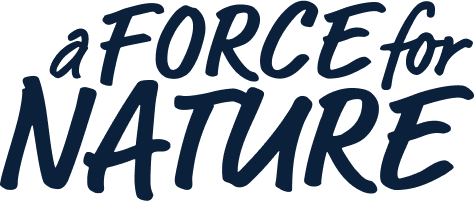Empowering Our Communities
Let's Talk About Amplifying Diverse Voices in Conservation...
In order to address the climate and extinction crises and associated mental and physical health impacts, it is vital that conservation be relevant and beneficial to all members of our community. There must be an array of voices that reflect the diverse needs, talents, backgrounds and beliefs of all residents.

The Challenge
Historically, the conservation movement has excluded the voices of many of the communities it claims to protect. Sonoma Land Trust is working to overcome the cultural, geographic and economic barriers experienced by communities given marginalized identities. We cannot hope to protect the county (or indeed the planet) we call home until we include all voices.

The Solution
We are deepening our mission to reflect the ethnic and socioeconomic diversity of the communities we serve to better include their voices, understand their needs, and ensure equitable access and distribution of nature’s benefits to them. By developing authentic relationships, listening with humility and co-creating inclusive educational programming for children, teens, families and adults, we are building a diverse and equitable community that acts with agency and intention to foster conservation in Sonoma County.
Three ways your donation helps
Equity-BasedProgramming
To ensure equitable access to nature, we are developing programming for underrepresented communities that provides youth, teens and families with opportunities to explore and enjoy our protected lands through hikes and outings. One example is Bay Camp, our bilingual summer day camp at San Pablo Bay National Wildlife Refuge.
BuildingCommunity Coalitions
We are building coalitions of community leaders and residents to connect people with the conservation work in their neighborhoods and engaging all our communities in the planning processes related to urban parks, such as Santa Rosa Southeast Greenway, Sonoma Developmental Center and Petaluma River Park. These coalitions will help us identify and elevate voices that are often excluded, make them feel welcome, and value their insights and perspectives.
Expansion of
Educational Programs
To deepen our community’s connection and understanding of nature, we are expanding our educational programming and developing outdoor experiences specifically for children and teens to foster the next generation of conservationists, land stewards and policymakers. Our current programming includes Language of the Land, On the Land Outings, Bay Camp and Students Learning in Marsh Environments (SLIME).
Join Us And Become



Sonoma Land Trust is a nonprofit, tax-exempt 501(c)(3) charitable organization. Our tax identification number is 51-0197006. Donations are tax deductible as allowed by law.
(707) 526-6930 • info@sonomalandtrust.org
Sonoma County, California

